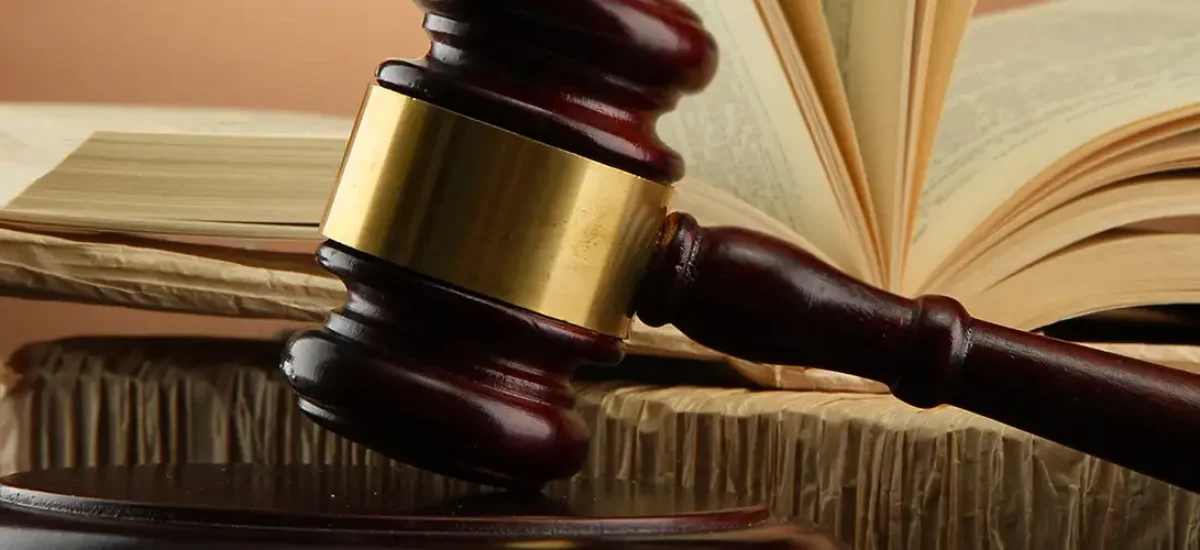What is Company Insolvency? What are my options?
Home / Our Legal Services / Civil Litigation / What is Company Insolvency? What are my options?
A company is insolvent if its assets are insufficient to discharge its debts and liabilities. Often, an insolvent company is either unable to pay its debts as they fall due (cash-flow insolvency), or has liabilities in excess of its assets (balance-sheet insolvency).
Identify an Insolvency Situation
Indicators of financial difficulty include the following:
- the company has many unpaid creditors who are putting the company under increasing pressure to pay its bills; and
- the company cannot use its overdraft facility for temporary relief as the facility is fully drawn and the bank is refusing to extend further credit.
Directors must decide what action to take if this happens. Where appropriate, they must take the company out of its insolvency state to avoid breaching their director’s duties. If directors choose to ignore financial difficulties and simply keep a company trading, they could be accused of wrongful or fraudulent trading. Consequence is the directors will be personally liable to the company’s assets under IA86
Depending on the situation the director should assess the damage with the board and decide what actions to take next. This could be to enter into insolvency procedure to sell the business and discharge the debts. Alternatively, to preserve the business the directors could restructure debt, obtain pre-insolvency moratorium to achieve a consensual contractual agreement with some or all creditors or through a company voluntary arrangement (CVA), or appoint a specialise or financial advisor.
What are the options for a company going through insolvency procedures?\
Consensual agreement
The company should consider entering into a consensual agreement with creditors who agree to it. The aim is to save the company by negotiation with one or more major creditors e.g. under which the creditors agree to give the company longer to pay and/or write off part of the liabilities which the company owes them.
Pre-insolvency moratorium
Company obtains a pre-insolvency moratorium out of court for an initial period of 20 days but extendable in various ways for up to a year (or longer with court consent). The company uses the time afforded by the pre-insolvency moratorium (in which it is not subject to creditor enforcement action) to draft, negotiate and propose a restructuring plan.
The aim is to save the company by seeking a compromise or arrangement which is binding on all creditors including those who vote against it or do not vote at all. Because of the number of creditors involved or the complexity or severity of the company’s financial situation, it is not possible to pursue a contractual consensual deal.
Administration
Where the company cannot be saved but it has a viable business which can be saved and the company needs protection from hostile creditor action to achieve this. Alternatively, the company wishes to seek a compromise with creditors by way of a restructuring plan, CVA or scheme of arrangement but for practical or legal reasons, it first needs to enter into administration. An administration can follow a pre- insolvency moratorium which has not succeeded in bringing about a rescue of the company as a going concern
Liquidation
Where neither the company nor its business can be saved, to wind up the company. A liquidation can follow an administration or a pre-insolvency moratorium which has not succeeded in bringing about a rescue of the company as a going concern.
There are two types of liquidation: compulsory and voluntary. Voluntary liquidations are further divided into (1) members’ voluntary and (2) creditors’ voluntary liquidations. The only form of solvent liquidation is members’ voluntary liquidation.
Why Instruct OneLaw Chambers for your Civil Litigation Case?
At OneLaw Chambers, our civil litigation solicitors and barristers regularly assist with many contentious civil litigation cases. We have assisted and represented many clients from all over the world achieving successful outcomes for them.
OneLaw Chambers has defended the interests of successful individuals, businesses and brands for many years, pursuing matters swiftly and robustly where necessary. With a dedicated team of Civil Litigation Solicitors and Barristers, OneLaw has an established dispute resolution practice acting in complex multi-jurisdictional disputes and is well known in the art, sport, fashion and luxury assets sectors. Specialisms include international arbitration, public international law, tax controversy, media and reputation management, employment and regulatory, professional negligence, board and shareholder disputes, insolvency and fraud.
Our Civil Litigation Solicitors and Barristers fiercely and tenaciously represent you in putting forward the strongest possible case, ensuring that you are always satisfied with the manner in which we represent you and that a successful outcome is achieved in your case without significant cost and expense to you.
We are committed to ensuring that our Civil Litigation Solicitors and Barristers prepare every civil litigation case with utmost quality and skill so that successful outcome is achieved every time. Our Civil Litigation Solicitors and Barristers operate in a friendly and cooperative manner to provide our clients with the best client care and service during the entire civil litigation process.
TAGS
You may also like
Our Legal Services
Recent News
- How to meet the Financial Requirement for the Skilled Worker Visa
- Our Successful Cases at OneLaw Chambers of 2022 and the look ahead to Greater Success and Prosperous New Year 2023
- How to start a Civil Litigation Dispute and Money Claim
- How to apply for the UK Scale Up Worker Visa – The New Business Visa
- How to make a Summary Judgment application to avoid the Time and Costs of a Full Trial
- How to apply for the UK High Potential Individual HPI Visa – The Overseas Alternative to the Graduate Visa




